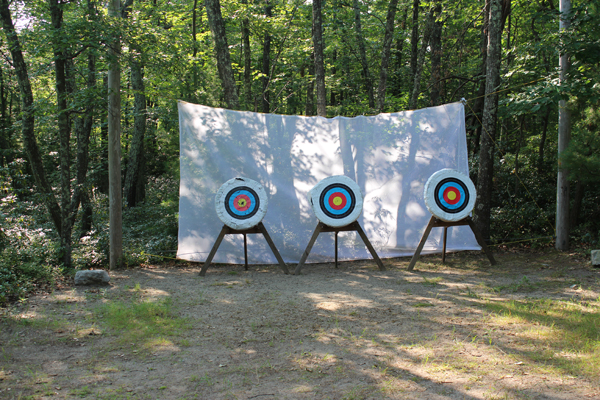Rabbi Berab (Beirav) and His Legacy
Rabbi Jacob Berab (also known as Rabbi Jacob Beirav) was one of the major Torah leaders and Rabbis in Safed during the 16th Century. Learning more about him can help to shed light on the history of Safed and on the people who helped to make Safed what it is today.
Rabbi Jacob Berab's History
Rabbi Berab was born in 1474 in Spain. His family name was actually Marmaran, and Berab was a name that was added as an honorary title as a Torah scholar. He was born in Moceda, near Toledo about 18 years before the Expulsion of the Jews from Spain. After being driven from Spain, Rabbi Jacob wandered for many years before finally settling in Safed. He traveled through Algeria and became the Rabbi of Fez for awhile. From there, he went to Cairo, Egypt where he learned with many important Torah scholars. Eventually, he made his way to Jerusalem, but then butted heads there with Rabbi Levi Ibn Habib, and moved to Damascus. He was appointed in Damascus as the Rabbi and Head of Court and became very wealthy in business.
Rabbi Jacob Beirav in Safed
Eventually, Rabbi Jacob made his way back to Eretz Yisrael and settled in Safed. At the time, Safed was the largest and most important community for Jews at the time, with 1000 Jewish families and many Rabbis and mystical leaders. Rabbi Jacob became the Chief Rabbi over all of the Rabbis and scholars of Safed and he taught Torah and Kabbalah. Some of his students included Rabbi Joseph Karo and Rabbi Moshe de Trani.
Semicha as Rabbi Jacob's Idea
During this period, Rabbi Jacob had the idea to renew the "Semicha" so that they could set up a Sanhedrin or Supreme Rabbinic Court. He wanted to bring the time of the Messiah closer, and he thought that he would do so with this task. He also hoped that this move would help to strengthen the Jewish people during these difficult times. Semicha was a method whereby one could become ordained with the power to be part of the Court. From as far back as Moshe Rabbenu, Jews had this idea that the authority of Semicha was given to the greatest Torah scholars of each generation. This tradition continued until the great Torah Academies in Eretz Yisrael were dissolved. Rabbi Jacob Berab wanted to renew this ancient tradition of the "Semichas Zekainim" (Semicha of Elders).
Semicha Given
During this time, in 1538, 25 Rabbis and Mystics assembled in Safed and gave "Semicha" to Rabbi Jacob Berab. Rabbi Jacob then gave "Semicha" to a few important Torah scholars including Rabbi Joseph Karo, Rabbi Moshe of Cordevera and others. Unfortunately, his idea to renew the Semicha process was frowned upon and rejected by Rabbi Levi Ibn Habib in Jerusalem. This started a very large dispute between supporters and detractors of the Semicha idea that only ended when Rabbi Jacob Berab died and the Semicha came to an end.
At the End
Rabbi Jacob actually had to flee Safed for awhile when this heated debate broke out. He returned, however, and died in Safed in 1541. In his life, he wrote the Responsa "Mahari Berab" and many other responsa. He also wrote a commentary on the Rambam and many other works. He is regarded as one of the greatest Torah scholars of his time and was integral to the history of Safed and to its Jewish development.

